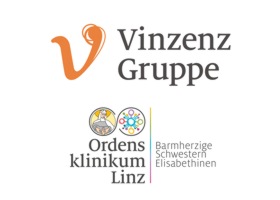Biliary Wallstent endoprosthesis in malignant hilar obstruction: long-term results with regard to the type of obstruction.Tools Schima, W und Prokesch, R und Osterreicher, C und Thurnher, S und Függer, R und Schöfl, R und Havelec, L und Lammer, J (1997) Biliary Wallstent endoprosthesis in malignant hilar obstruction: long-term results with regard to the type of obstruction. Clinical radiology, 52 (3). pp. 213-9. ISSN 0009-9260 Für diesen Eintrag wurde kein Volltext-Dokument angefügt.
|
||||||||||||||||
|
|
|
|


 Tools
Tools Tools
Tools